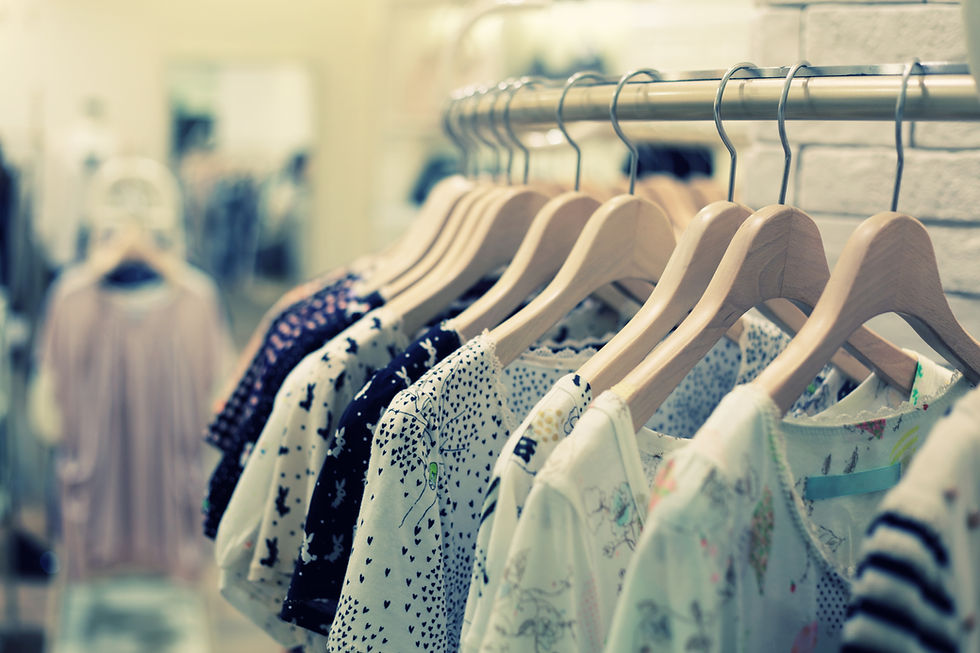How to recycle the right way
- Evelynn Jimenez

- Feb 19, 2019
- 3 min read
Welcome back #Gaia lovers. Today we will be discussing how to properly #recycle. It might seem kind of silly, and some might wonder what’s so difficult about throwing a can in a recycling bin? But the truth is many people don’t know how to properly recycle, and I see that every day in my own apartment building. Whether you live in an apartment or a house, the same rules apply. It’s important to learn how to properly recycle because not doing so could contaminate everything else in that bin and make it completely useless.
Now let’s start with the basics. For those who don’t know, #recycling is the process of converting materials into new products instead of throwing them out as trash. There are many benefits to recycling:
Reducing the waste that is dumped in landfills and sent to incinerators
Conserving natural resources such as water and timber
Preventing pollution
Saving energy
Helping create jobs in the recycling and manufacturing industries (According to the Recycling Economic Information (REI) Study for 2016, recycling and reuse activities generated 757,000 jobs, $36.6 billion in wages, and $6.7 billion in tax revenues in the U.S.)
Recycling has become more popular in recent years, but there are still many people known as wish-cyclers. A wish-cycler is a person who “recycles” questionable items in the hope that they can be recycled. Although this person has good intentions, they are actually doing more bad than good. Hoping for the best when recycling makes recycling way more expensive than it needs to be, because those wish-cycled items will have to be rejected, loaded, transported again, and then disposed of. These extra and unnecessary steps cost money. Wish-cycled items can also contaminate a perfectly recyclable batch, and sometimes the entire batch will be dumped in the trash because it’s too much work to pick through all the items.
So, it’s important to know what exactly can be recycled before putting it in that bin. There are items that can’t go in the recycle bins, but that can be recycled in other ways, and I will discuss those later. Here are the FIVE items that can be recycled:
Paper (newspapers, magazines, junk mail, paperback books)
Metal cans (aluminum and tin cans)
Cardboard (boxes, food boxes, cardboard cans)
Plastic containers
Glass
Some unaccepted items include plastic bags, Styrofoam, broken glass, shredded paper, light bulbs, dishes, glasses, window glass, soiled paper, batteries, oil, and food waste. Apart from not throwing unaccepted items you must also properly dispose of accepted items. Some tips to consider:
All food remnants should be rinsed off from bottles, cans, and jars
Cardboard boxes should be flattened and cut or folded to 3’ X 3’ or less
Pizza boxes should be flattened and not have any pizza left in them!
Staples, paper clips, and spirals can be left in paper
Labels and lids can also be left on
I can’t tell you how many times I will go to my building’s dumpster to find the recycle bins overflowing with full formed boxes of all sizes or even garbage. Not only are these boxes taking up space, but people don’t realize that these will just be thrown out because the workers who pick up the recycling will not pull them apart. Also, don’t dump your recycling inside plastics bags because those will also be thrown out! Recyclable items should be placed individually. If you see that the recycling bins are overflowing, don’t try to stuff your items or leave them out of the bins. Those will be thrown out as well. Here is a handy document I've created that summarizes all of this information.
Every city or county has specific guidelines for their recycle programs. Check out those resources! They will also include where you can drop off certain items like electronics, plastic bags, oil, paint, and batteries. Here are some examples I found for some major cities in the U.S.
So, please don’t be a wish-cycler and recycle the right way! It might take a few extra minutes to rinse out that tomato paste can or flatten that pizza box, but it will make a huge difference. ●
Sources: Lee County | United States Environmental Protection Agency | City of Boston







Comments